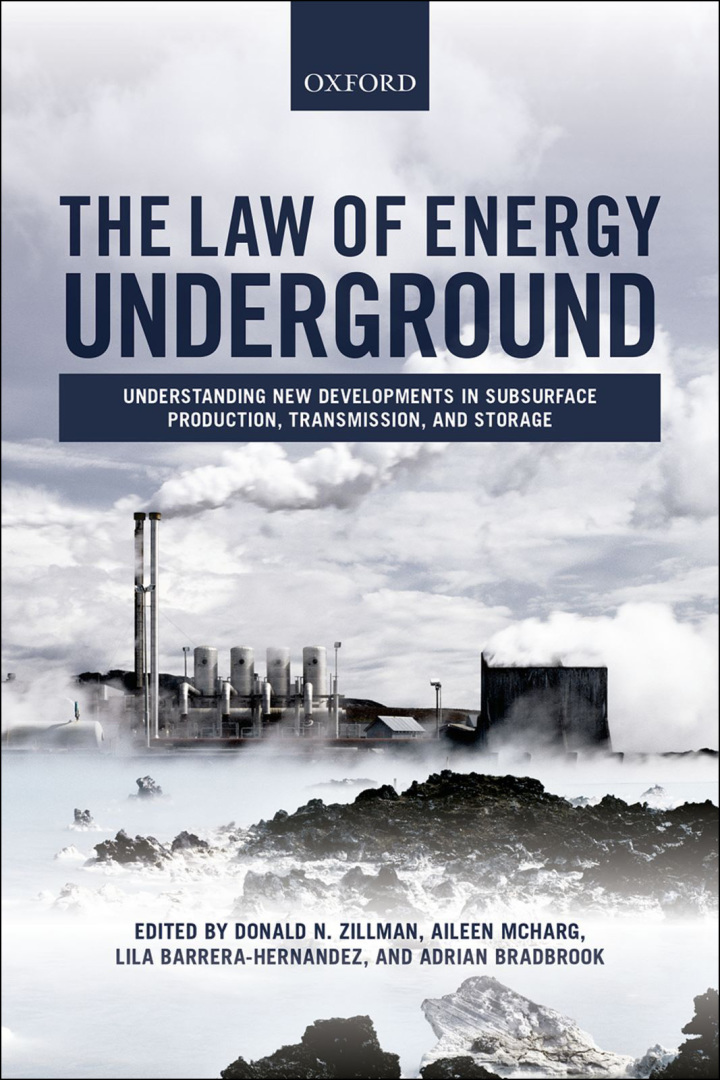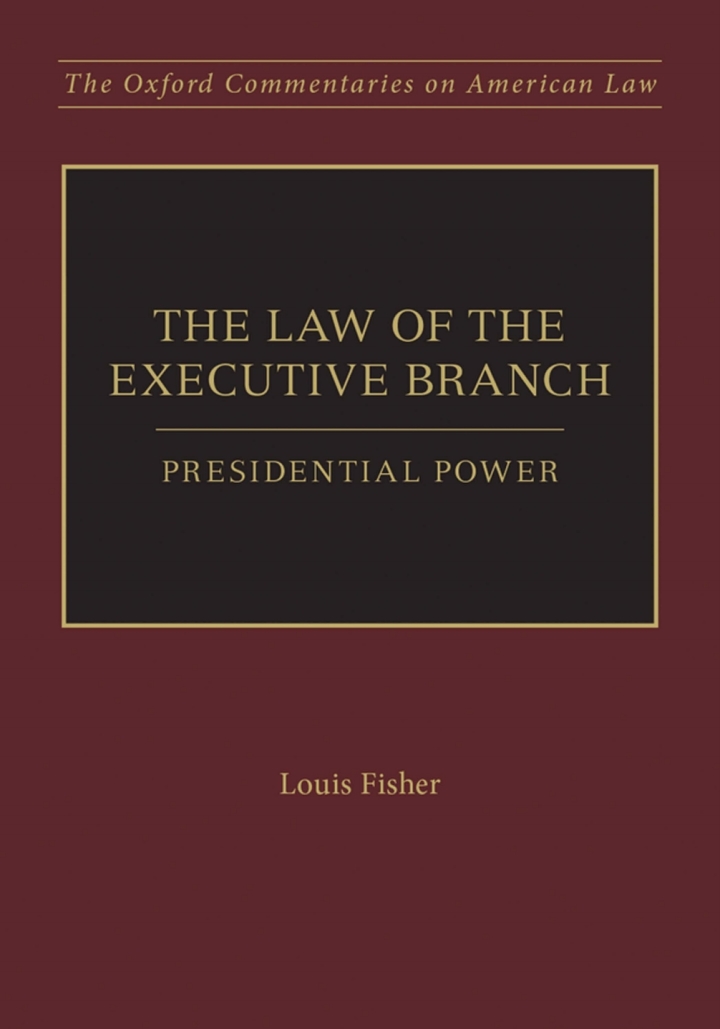The Law of the Executive Branch Presidential Power
$19.50
Attention: This is just ebook, Access Codes or any other Supplements excluded! / File Delivery: Sent Via Email within 24 hours!
SKU: d0df78fcf07c
Category: Law Textbooks
Description
-
Author(s)Dr. Louis Fisher
-
PublisherOxford University Press
-
FormatPDF
-
Print ISBN
9780199856213, 0199856214 -
eText ISBN
9780199856213, 0199856214 -
Edition
-
Copyright
- Details
The scope of presidential authority has been a constant focus of constitutional dispute since the Framing. The bases for presidential appointment and removal, the responsibility of the Executive to choose between the will of Congress and the President, the extent of unitary powers over the military, even the ability of the President to keep secret the identity of those consulted in policy making decisions have all been the subject of intense controversy. The scope of that power and the manner of its exercise affect not only the actions of the President and the White House staff, but also all staff employed by the executive agencies. There is a clear need to examine the law of the entire executive branch.The Law of the Executive Branch: Presidential Power, places the law of the executive branch firmly in the context of constitutional language, framers’ intent, and more than two centuries of practice. In this book, Louis Fisher strives to separate legitimate from illegitimate sources of power, through analysis that is informed by litigation as well as shaped by presidential initiatives, statutory policy, judicial interpretations, and public and international pressures. Each provision of the US Constitution is analyzed to reveal its contemporary meaning in concert with the application of presidential power. Controversial issues covered in the book include: unilateral presidential wars; the state secrets privilege; extraordinary rendition; claims of “inherent” presidential powers that may not be checked by other branches; and executive privilege.
Related products
-

Blackstone’s Guide to the Proceeds of Crime Act 2002 5th Edition
Rated 0 out of 5$34.12 Add to cart -
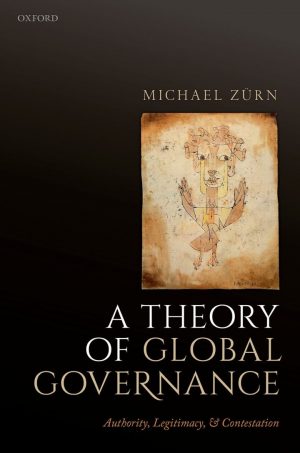
A Theory of Global Governance Authority, Legitimacy, and Contestation
Rated 0 out of 5$12.35 Add to cart -
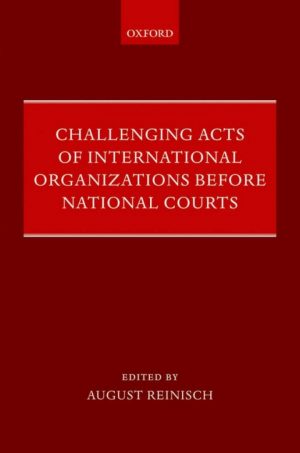
Challenging Acts of International Organizations Before National Courts 1st Edition
Rated 0 out of 5$43.88 Add to cart -
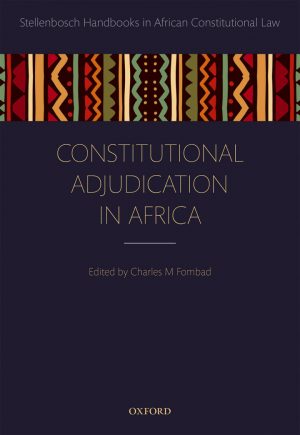
Constitutional Adjudication in Africa 1st Edition
Rated 0 out of 5$45.50 Add to cart

